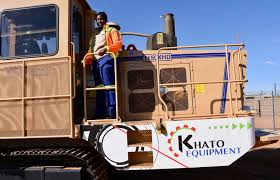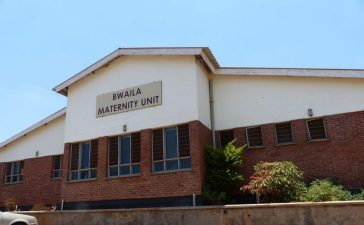Lilongwe,- One of the flagship projects in the water sector, the Salima-Lilongwe Water Project has finally kicked off with the contractor, Khato Civils, mobilizing necessary equipment and materials to the site. This development spreads a sigh of relief following the tough path that the project has coursed through ahead of its implementation.
Determined safeguard its clear operational path, stakeholders comprising communication experts from the Ministry of Information and Digitalisation on one hand and the contractor on the other hand, gathered in Lilongwe with a large-fold aim of reflecting on the hurdles and charting an enabling path for its smooth implementation going forward. In particular, the session targeted at developing messages that would help the population better understand the project.
Valentine Kaupa, the Chief Executive Officer of the Salima-Lilongwe Water Project, emphasized the importance of accurate information in achieving the project’s goal of providing safe and reliable water to Lilongwe, Dowa, and Salima districts.
According to Kaupa, the project has faced challenges due to misinformation, underscoring the critical role communication plays in the project’s success. “In this project, communication is very key if the project is to succeed,” he said.
The project is designed to offer a long-term solution to water challenges in Lilongwe and surrounding districts, as well as provide stronger resilience to the effects of climate change. It aims to increase potable water availability for the targeted regions, benefiting close to 1.5 million people.
Wallace Chipeta, the Head of Media Research and Development Communication in the Ministry of Information, urged the team to develop messages that will answer all questions people may have about the project. “It is our responsibility to make sure we craft messages which will bring clarity and understanding,” he said.
The Salima-Lilongwe Water Project is a crucial initiative that seeks to address the water challenges faced by the people in the region. By ensuring accurate and transparent communication, the project can gain the trust and support of the local communities, paving the way for its successful implementation and long-term sustainability.













